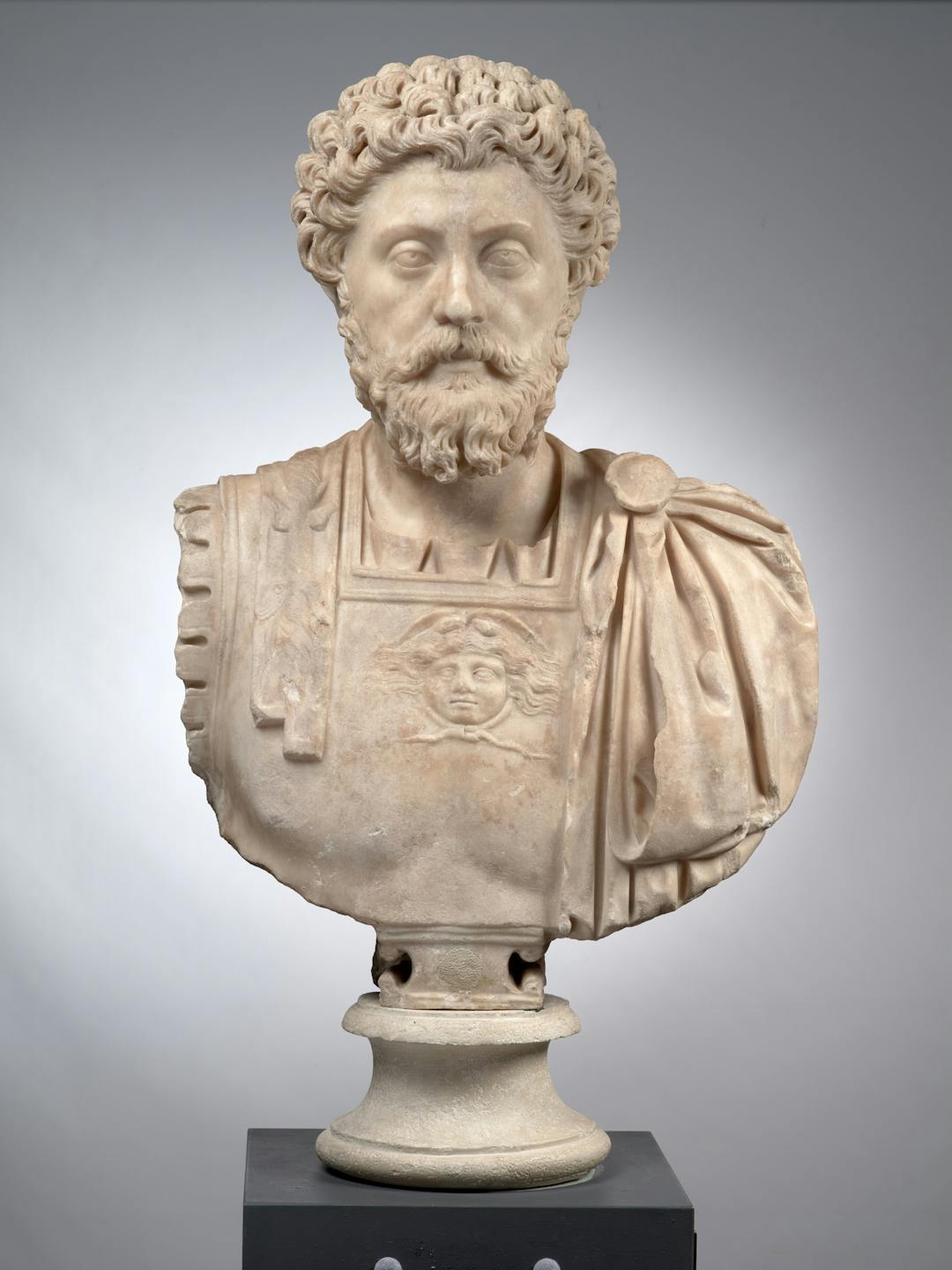Brené Brown
Reframing imperfection: Brené Brown’s revolution of vulnerability
Intro
Cassandra Brené Brown, more commonly known as Brené Brown, is a mother, researcher, professor, lecturer, motivational speaker, and a successful author and podcast host. Her success within these various roles accumulated to her being named one of Houston’s most influential women in 2009 by Houston’s Woman Magazine.2
Brené Brown has dedicated herself to learning and speaking about a range of topics, including leadership, courage, vulnerability, trust, shame, and empathy. She is currently a research professor at the University of Houston but has expanded her teachings to an international audience on various platforms. She is perhaps most famously known for her popular 2010 TEDx talk, “The Power of Vulnerability”, which today has over 50 million views.2 Her enthusiastic and engaging manner made her talk one of the most popular TEDx talks to this day, and her refreshing advice on the power of being vulnerable has been said to drastically alter people’s way of thinking. The TEDx talk gave its audience some valuable life lessons which will be explored in greater detail later in this article.3
Following her success as a TEDx speaker, Brown has since written five New York Times best-selling books: The Gifts of Imperfection, Daring Greatly, Rising Strong, Braving the Wilderness, and Dare to Lead. Each book guides people in the right direction towards success, although her advice may seem atypical to some, as it asks people to understand the power of qualities that are often viewed as negative or weak, such as vulnerability or shame. She reframes these qualities and instead suggests that allowing oneself to feel these emotions can be brave and courageous, vital qualities for a leader.
More recently, Brown is also the first researcher to ever have a Netflix lecture. Her lecture hosted at the University of Los Angeles, “The Call to Courage”, was released on the streaming service in 2019 to 190 countries, in 29 different languages.4 Such achievements give Brown a somewhat celebrity status, accompanied by adoring fans. She is praised for her straight-shooting advice, her feminist insights, and her ability to handle difficult topics with tact and humor. She is sometimes referred to as the leader of a self-help revolution, where people learn to live with their broken selves in a productive manner.5
Imperfections are not inadequacies; they are reminders that we’re all in this together.
– Brené Brown 1
On their shoulders
For millennia, great thinkers and scholars have been working to understand the quirks of the human mind. Today, we’re privileged to put their insights to work, helping organizations to reduce bias and create better outcomes.
It’s ok not to be ok
Brown’s ever-popular TEDx talk, “The Power of Vulnerability”, along with a number of her best-selling books, rest on the idea that vulnerability is a strength rather than a weakness. Brown revolutionized the way we think about vulnerability, suggesting that to be vulnerable is courageous. She preaches, “vulnerability is not weakness. It’s about the willingness to show up and be seen when you can’t control the outcome. It is our greatest measure of courage. So show up in an authentic way and let us see your hearts because we know how lonely you really are”.6
Brown suggests that inherently, humans are vulnerable creatures. To allow ourselves to be vulnerable is therefore to be authentically ourselves and be more self-aware about who we are and the emotions we feel – and that’s no easy task. When we are so busy trying to be perfect, we lose sight of who we are, and it is very difficult to be successful if we aren’t connected to ourselves.3 Instead, Brown demonstrates that there is power in being ourselves, imperfections and all.
According to Brown, to be vulnerable is to show up, in all our imperfections, ready to take on the world. When we show up, through and despite our fear and shame, or in other words, our vulnerabilities, we are teaching ourselves to be more resilient to these emotions. As Brown acknowledges, negative forces like fear and criticism will always exist, and therefore we need to learn how to handle them in a way that allows us to move forward.6
Our Imperfections can bring us together
While most of Brown’s publications discuss themes of vulnerability, shame, imperfection, and courage, one important takeaway from her book Daring Greatly, which landed her a spot on Oprah, is human’s need for connection.7
In Daring Greatly, Brown establishes that there are three basic things that people need in order to feel happy: love, connection, and belonging. She also discusses that we are in fact our own biggest obstacles to obtaining those things because we allow shame to creep into our minds and make us feel unworthy.7
Having studied the sociality of humans from the beginning of her education, Brown spends time discussing why shame exists. She believes that better understanding our emotions is the first step into not letting them rule our actions. She claims that our culture is one of scarcity, where we never feel like we never have enough. Since we are constantly focused on filling our empty cup, we end up feeling shame when we feel unfulfilled, whether that is in relationships, at home, or at work.7
When we believe we are not good enough, we end up retreating from people, even though connection is what we crave most.8 In our attempt to hide our shame, we hide ourselves and it becomes impossible for us to form meaningful connections.8 Then, we end up comparing ourselves with others, again, because we feel as if there is not ‘enough’ of everything to go around. This is an especially prominent problem in modern society with the omnipresence of social media, which only shows us the very best parts of people’s lives. Our shame increases as we feel disconnected from others, and of lesser value to them.8
Instead of shying away from our shame, Brown suggests that sharing it is the key to breaking the vicious cycle of shame, creating even greater shame. She says in the book, “if we can share our story with someone who responds with empathy and understanding, shame can’t survive.”9 As shame is an emotion that everyone feels, its ability to disconnect us is broken when we use it as a tool for connection instead. When we are staying true to ourselves and our emotions, we are able to engage in life in a more meaningful way, thereby allowing us to feel more connected to others.7
Brown’s call for courage
Brown’s Netflix special, “The Call for Courage”, is often described as a wellness session, as her honest approach to courage ends up feeling intensely therapeutic. The Netflix special brings both laughter and tears to its viewers, thanks to Brown’s ability to use humor to tackle difficult topics. In her lecture, Brown guides people to an acceptance of who they are, which includes forgiving yourself for your mistakes.10
Brown claims that failures are part of courage, and importantly, part of what makes each individual who they are. Being willing to take risks is a vital component of what it takes to be successful, because there are risks in any endeavor. Even if we fail in those endeavors, the very act of trying puts us in a better position than someone who is too afraid to try at all. Courage is about being willing to fail – and everyone will fail at some point in our lives, and it will make them stronger.11
Taking risks is to put oneself in a position to be vulnerable, which for Brown, is a sign of courage. In her lecture, she states, “no vulnerability, no creativity. No tolerance for failure, no innovation. It is that simple. If you are not willing to fail, you can not innovate. If you can not build a vulnerable culture, you can’t create.” 12 The greatest entrepreneurs and innovators were only successful because they took risks that other people weren’t willing to (such as Albert Einstein’s daring decision to go against the widely accepted Newtonian mechanics).
Brown’s message is clear: choose courage over comfort, and take it one day at a time.
Historical Background
Brené Brown was born in San Antonio, Texas in 1965, into a religious family, as the eldest of four siblings. She was initially baptized in the Episcopal church.13 The Episcopal church defines itself as Protestant, yet Catholic.14 When Brown’s family later moved to New Orleans when she was two years old, they raised her in the Catholic church.5 However, Brown abandoned the church in her 20’s, believing that faith was being lost under the politics of religion.13 She would later return to her Episcopal faith after twenty years, when she had a family of her own, but remains a strong believer that spirituality has many forms, and that belief in God is but one.15
Brené Brown met her husband, Steve Alley, in 1987, four years after completing high school. She then went on to complete a bachelor’s degree in social services at the University of Texas, Austin, in 1995, before completing her master’s in social services at the same university in 1996. She completed her hat-trick of degrees at the University of Houston, in 2002 after she and Steve had moved there and started a family, with a Ph.D. in Social Work.15
Although her academic success is worth noting, Brown had her breakout moment accidentally, in 2007, when she had a breakdown. She was writing about living a wholehearted life, and suddenly realized that although she was talking the talk, she wasn’t walking the walk. She immersed herself in intensive therapy, and it was through this breakdown, which Brown now calls a spiritual awakening, that Brown learned how to use vulnerability and shame to her advantage. Brown used this life crisis as the basis of her TEDx talk in 2010, “The Power of Vulnerability”, sharing her intimate story in order to demonstrate that imperfections are ok.16
After the talk that inadvertently made Brown an internet sensation, she was invited on Oprah in 2013, after writing her second New York Times best-selling book, Daring Greatly, as part of Oprah’s Super Soul Sunday, cementing her celebrity status.17
Brown is perhaps so influential because of her background as a researcher and professor, which makes her self-help guidance seem more credible. She is able to back up her advice with facts and figures, while still divulging personal anecdotes that make her relatable to millions worldwide
About the Author
The Decision Lab
The Decision Lab is a Canadian think-tank dedicated to democratizing behavioral science through research and analysis. We apply behavioral science to create social good in the public and private sectors.





